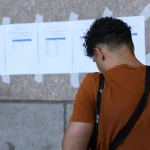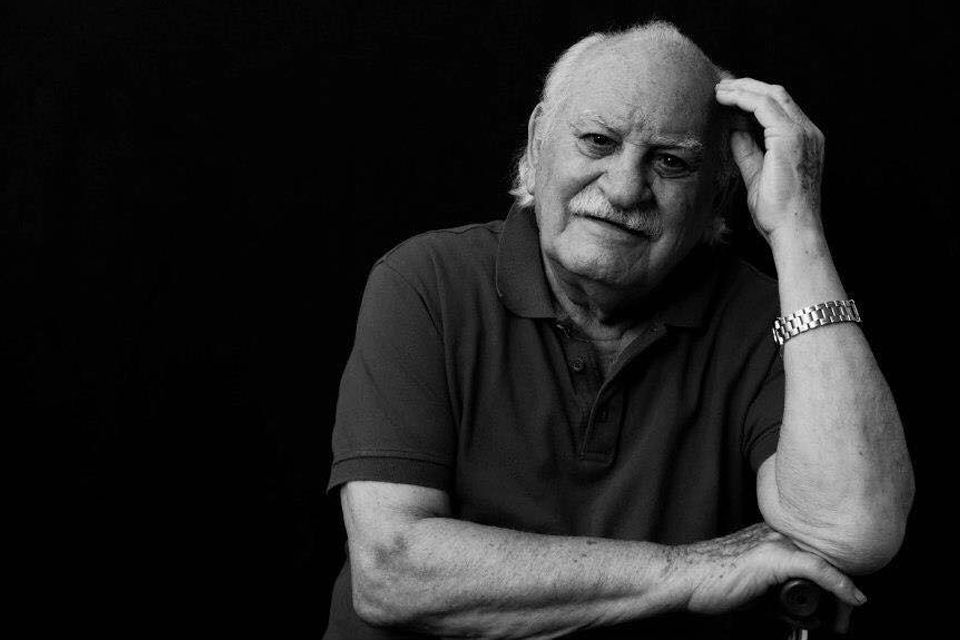“Euthanasia cannot be legalized” and establish that some have the right to life and others do not, expressed in the lobby of the Chamber of Deputies of the Legislative Palace the author of the book “Euthanasia and dignity. Legal, philosophical, sociological and historical perspective of a debate. Diego Velasco Suarez.
The book has a prologue by Carlos Delpiazzo. It was edited and disseminated by the University Culture Foundation. Delpiazzo, Hugo Rodríguez Almada and Delia Sánchez participated in the presentation of the book.
The presentation of the book is part of the parliamentary debate that arose from the draft law of the Colorado deputy Ope Pasquet “Euthanasia and medically assisted suicide.” The initiative aroused disagreement on the part of the religious community, reflected in the recent Easter message from the Archbishop of Montevideo, Cardinal Daniel Sturla, when he said that the proposal “attempt against human life”.
The book is responsible for analyzing the Pasquet bill. To do this, defines the concept of euthanasia. “I tried to define what euthanasia is and what it is not,” Velasco explained. Furthermore, he uses international examples to analyze the consequences of his practice.
For the author, there is a pro-euthanasia movement that establishes that not all life is worth living. That is why he saw the need to contribute to the parliamentary debate with a legal perspective.
“What is proposed is the radical change that We are not all equal before the law“, he expressed. And he considered that the true function of the legislator is to convey to each individual that their lives are valuable. If there are people who can be “euthanized”, then “there are lives without value”.
Delpiazzo took advantage of his turn to explain that both in the code of medical ethics and in the patient’s rights law “dignified death” is identified with “natural death”.
Rodríguez Almada contributed that the code of medical ethics itself prohibits euthanasia, at the same time that it attributes to doctors the duty to grant people a dignified death.
“We are in the 21st century and we ask ourselves again, are human rights waiverable or not waiverable?” added Sánchez. The teacher valued the book for taking different angles and always returning to the concept of dignity, since dignity is what sustains the rest of human rights. She added that regardless of one’s position on the subject, the reading will be interesting for any reader.

















